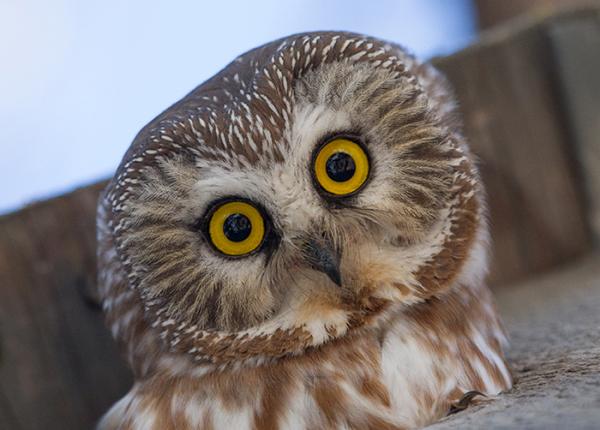EDIT: Everything is posted now, so I’ll respond to any questions I can answer for you now. Enjoy, and I hope you learn some new things!
Went to a bird banding event held by Wildlands Conservancy last night. Unfortunately this year has been a bit of a poor showing due to the warm weather, and we didn’t end up with any owls.
There was still a great presentation on the owls of Pennsylvania and the bird banding process. We did get to meet some of the educational owls and handle some nice examples of things being discussed.
I got some time to talk to the guy running the banding and the lady running the animal education part of things and got some of my questions answered. I’ve been becoming really interested in learning more of the regulatory side of things. There is a real web of agencies that govern how wildlife can be handled.


I tried to zoom in on the pliers, but didn’t have much luck. I had hoped they’d pass it around, but they did not.
He did have another one in his bag that looked like this one I’ve posted before with the band spreading post on the side. You can see here again though, there is nothing sharp to poke the bird with, it’s just a smooth hole that is sized bigger than the birds leg.
I did follow up on the question from our last banding talk about outgrowing bands.
Birds do not outgrow the bands. By the time they leave the nest, they are essentially full grown birds as far as their skeleton is concerned, so the tarsus where the band is placed is not really going to change in size. They do leave it loose enough that the feathers on the leg can move freely, so it is not snug to the leg either. Most owls have leg feathers while most other birds do not. It helps keep them silent in flight and to stay warm in colder climates.
This is really cool, thanks for sharing.
Glad you enjoyed it! The full post is up now, so check back for anything new!